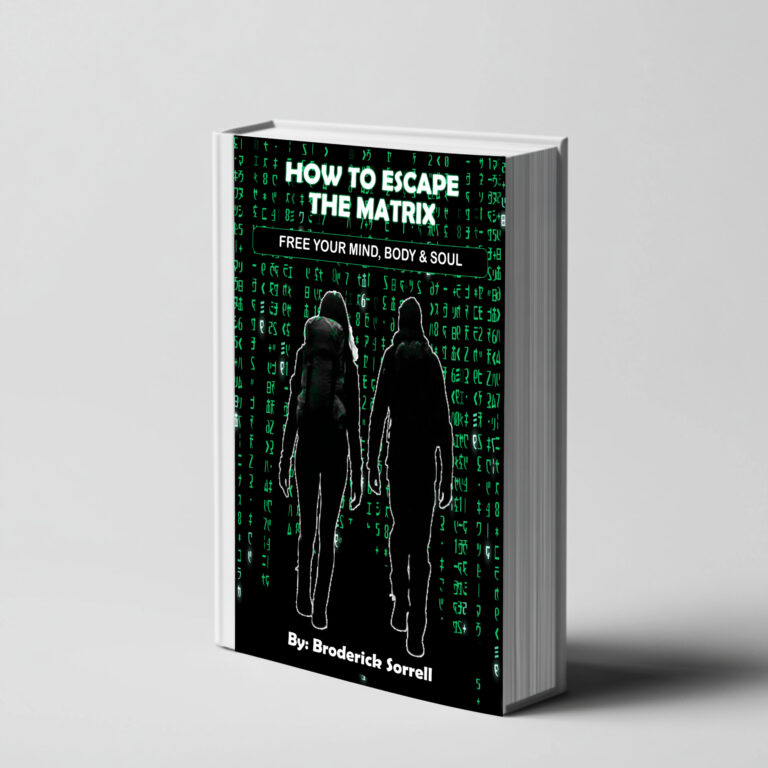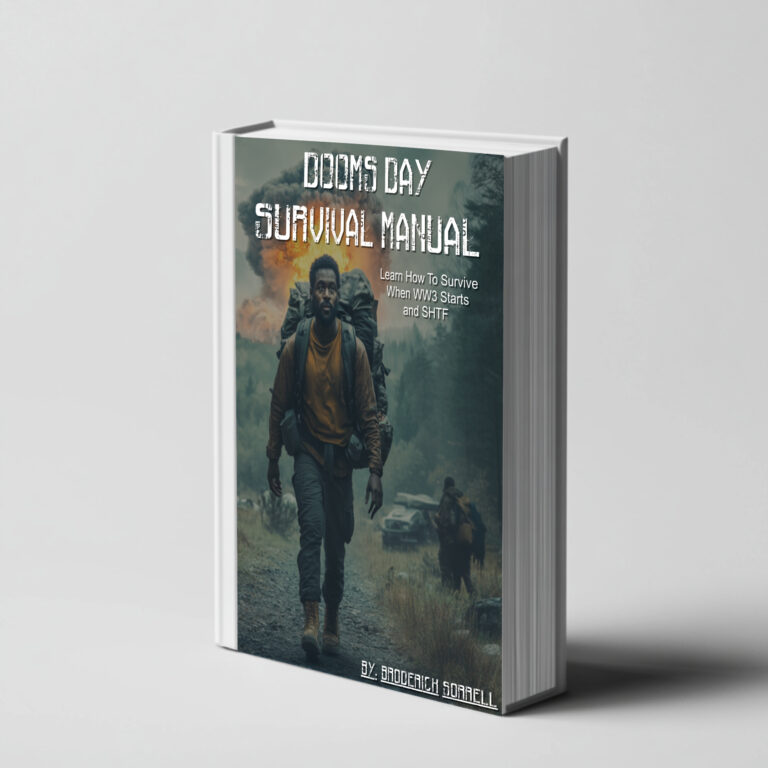
Popular
The Mindset You Need to Survive When SHTF
Master your mind, outlast the chaos.

1. Stay Calm: The Brain’s First Battle
When a crisis hits, panic is your worst enemy. It shuts down logic, clouds your thinking, and makes you forget everything you’ve trained for. Staying calm isn’t optional—it’s your first line of defense.
How to Train It:
Control your breath: Inhale for 4 seconds, exhale for 4. Do it until you feel steady.
Use grounding techniques: Focus on 5 things you can see, hear, touch, smell, and taste.
Mentally rehearse emergencies in calm settings so you’re not blindsided when they come.
2. Mental Rehearsal: Survive It Before It Happens
Your brain doesn’t know the difference between real and imagined. Athletes, soldiers, and elite operators visualize their success—and you should too. This mental prep gives your mind a map to follow when real chaos strikes.
How to Train It:
Pick a scenario: house fire, home invasion, car breakdown in the wilderness.
Walk through it in your head step-by-step—what you see, what you do.
Make this a daily ritual. The more you run the “game,” the better you’ll perform under pressure.
3. Shift from Victim to Warrior Mindset
In survival, your identity shapes your behavior. Victims freeze, blame, and wait. Warriors move, adapt, and overcome. This isn’t about bravado—it’s about taking control when everything else is out of your hands.
How to Train It:
Say it daily: “I don’t wait for help. I help myself.”
In every situation, ask: “What’s in my control right now?”
Train in martial arts, wilderness skills, or combat fitness to rewire your self-image.
4. Know Your Emotional Triggers
In high-stress situations, emotions like fear, anger, and grief can hijack your brain. If you don’t know your triggers, you can’t control your response—and that’s dangerous.
How to Train It:
Reflect on your past reactions during stress—what set you off?
Journal your emotional patterns. Know your weaknesses.
Practice saying: “This is fear. Not fact. I still have choices.”
5. Develop Ruthless Adaptability
In survival, rigid plans get people killed. You need to be flexible. If Plan A fails, move to Plan B, C, or D without hesitation. Adaptability is more valuable than any tool in your pack.
How to Train It:
Regularly change your daily routines to embrace discomfort.
Practice scenario-switching—what do you do if your shelter leaks? Your knife breaks?
Push your limits in training so you’re ready to adjust in real life.
6. Build Mental Endurance Like Muscle
Disasters aren’t always quick. Long-term survival takes mental stamina. Depression, hopelessness, and emotional fatigue will eat you alive if you don’t build endurance.
How to Train It:
Challenge yourself physically and mentally: hike with a pack, fast, train when tired.
Use endurance mantras: “I keep going, no matter what.”
Cut down on comfort: less tech, less luxury. Learn to operate under stress.
7. Train in Community Dynamics
In crisis, people can be a bigger danger—or a better lifeline—than the event itself. Know how to manage tension, lead without ego, and walk away when things get toxic.
How to Train It:
Learn group psychology: how people behave under fear and scarcity.
Practice leadership and conflict resolution in small group settings.
Build a “tribe” now: friends or family who train, plan, and survive together.
8. Trust Your Instincts—but Verify
Gut feelings are ancient tools—but they’re not always accurate. Instinct can alert you to danger or opportunity, but you still need logic to act on it safely.
How to Train It:
Reflect on past choices: when did your instincts serve you well—or mislead you?
In training, act on instincts, then analyze outcomes to improve pattern recognition.
In the real world: sense danger? Trust the signal—but confirm before acting.
Follow on Spotify
ADVERTISEMENT
ADVERTISEMENT
VISIT ME ON YOUTUBE!
ADVERTISEMENT
ADVERTISEMENT
RELATED POST
Address List
-
123, Any Street North
Your City Name
Country Name. P.O 3554 - +1 234 567 8902
- Urban Warrior Survival
Social Networks
- B.Roc Survival Podcast
- Discord
- Patreon
- Youtube
Links List
B.Roc Survival Inc.
All rights reserved










Thank you for your sharing. I am worried that I lack creative ideas. It is your article that makes me full of hope. Thank you. But, I have a question, can you help me?